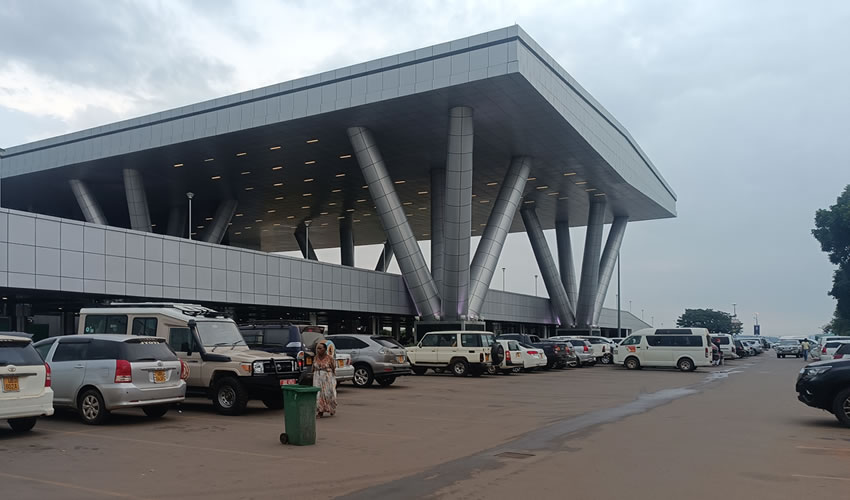By Charles Achoda
In a bid to deepen and widen internet usage, E-services and absorption while lowering government expenditure, NITA-U has reduced the cost of internet provision through the National Backbone Infrastructure from $70 to $35 for each Mbps.
This was declared by the Minister of ICT&NG, Dr. Chris Baryomunzi while addressing the press at the Uganda media Centre on Tuesday.
According to the Minister, the use of the National Backbone Infrastructure (NBI) as a secure high-speed network for Government has led to lowering of the cost of communication across Government entities. This further enabled the extension of the geographic reach of broadband networks across the country and altogether Improved Government’s efficiency and transparency through e-Government applications.
The National Backbone now extends to all regions of the country spanning 4,300km extending connectivity to around 4,360 Government offices.
“With all these key achievements undertaken by Government under the National IT Authority (NITA-U), I`m delighted to announce that effective today 1st of August 2023 the Price of Internet has reduced from 70$ to 35$ per Mbps per month”, Baryomunzi said.
This price reduction means Government offices connected to the NBI will consume internet at the lowest price in the market. This landmark achievement solidifies Government`s position as the undisputed market leader in setting Internet prices.
“With this bold move, NITA-U will drive substantial savings on the government's communication budget, catalyze the adoption of E-Government Services, and deepen Digitization’, Minister added.
To date, NITA-U has connected 1,466 government offices, extended connectivity to 53 Districts and 10 border posts.
Baryomunzi is optimistic that, this move will inspire Private Internet Service Providers to follow suit, ultimately benefiting all Ugandans with more affordable and accessible Internet services for its unprecedented opportunities in innovation growth and development.
He calls upon local innovators to take advantage of the cheaper internet costs now to develop more innovative technologies or solutions to our problems.
In the FY 2012/13, government approved the strategy for rationalization and harmonization of utilization of ICT services in Government MDAs and DLGs. The purpose of that Strategy was to eliminate wastage of Pubic resources arising from duplication of efforts and initiatives within Government.
Since then, Government of Uganda prioritized ICT as a catalyst for not only improving its efficiency in delivery of public services but for overall socio-economic development
The ICT sector has over the years been vibrant and dynamic, it has now turned into an inevitable tool for socio-economic development.
The Executive Director NITA –U, Dr. Hatwib Mugasa said, as the IT arm of Government, we`ve come a long way in optimizing IT services usage and absorption with in Government. This journey stems back in 2013 when we first provided Internet as a shared service within government and we made it more secure affordable and available to our clients who are mainly Government MDAs and special interest groups like Innovation Hubs, Schools and Hospitals.
“The general outcome of the price cut is expected to help spur digitization, e-services absorption and growth of Internet usage across the country. We anticipate that the ripple effect of the Government price cut is expected to influence the average market cost and subsequently lower end user tariffs for business and citizens”, Dr. Mugasa said.
He also took advantage to announce that, in the next weeks to come, NITA-U launch the Uganda Digital Acceleration program (UDAP) or GovNet project that will propel extension of connectivity to 95% government offices, districts and we believe upon completion of this project Government will further internet prices making it the most affordable in the region.
All these are being done as part of the strategic efforts in stepping up Uganda`s Digital transformation to deepen digitization, accelerate e-services usage while at the same time lowering government expenditure through shared IT services like Internet and centralized hosting.
The Writer is a Communication Officer at Ministry of ICT and National Guidance.








Comments